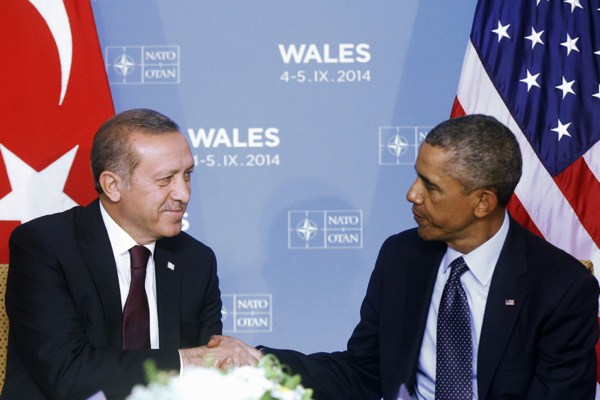Over the next decade, the United States may play a smaller role in the management of global security, hold steady on its current course or even try returning to the halcyon days of unipolarity. But as Sun Tzu, the great philosopher of war, wrote, a military commander who tries to be strong everywhere ends up being strong nowhere. That also applies to grand strategy. So whatever course American strategy takes, the U.S. must have regional partners.
While everyone recognizes that the U.S. must lean heavily on others, it can be easy to forget that strategic partnerships come in several varieties. The U.S. has what might be called “bedrock” partnerships based on shared priorities, common values and a long history of cooperation. The United Kingdom, Canada and Australia fall into this camp. America also has solid partnerships with nations like Japan, South Korea, Germany, France and Israel, and the rest of NATO’s European members. These aren't quite as strong as bedrock ones but still reliable. Then the U.S. has some decaying partnerships, particularly in the Arab world.
Finally, there are what can be called “pivotal” partnerships. These involve important nations with significant military, economic and political power, but an indeterminate relationship to the U.S. Depending on how they are managed, pivotal partnerships can become tighter or spiral into decay. To a great degree, they will determine whether U.S. strategy succeeds or fails.

